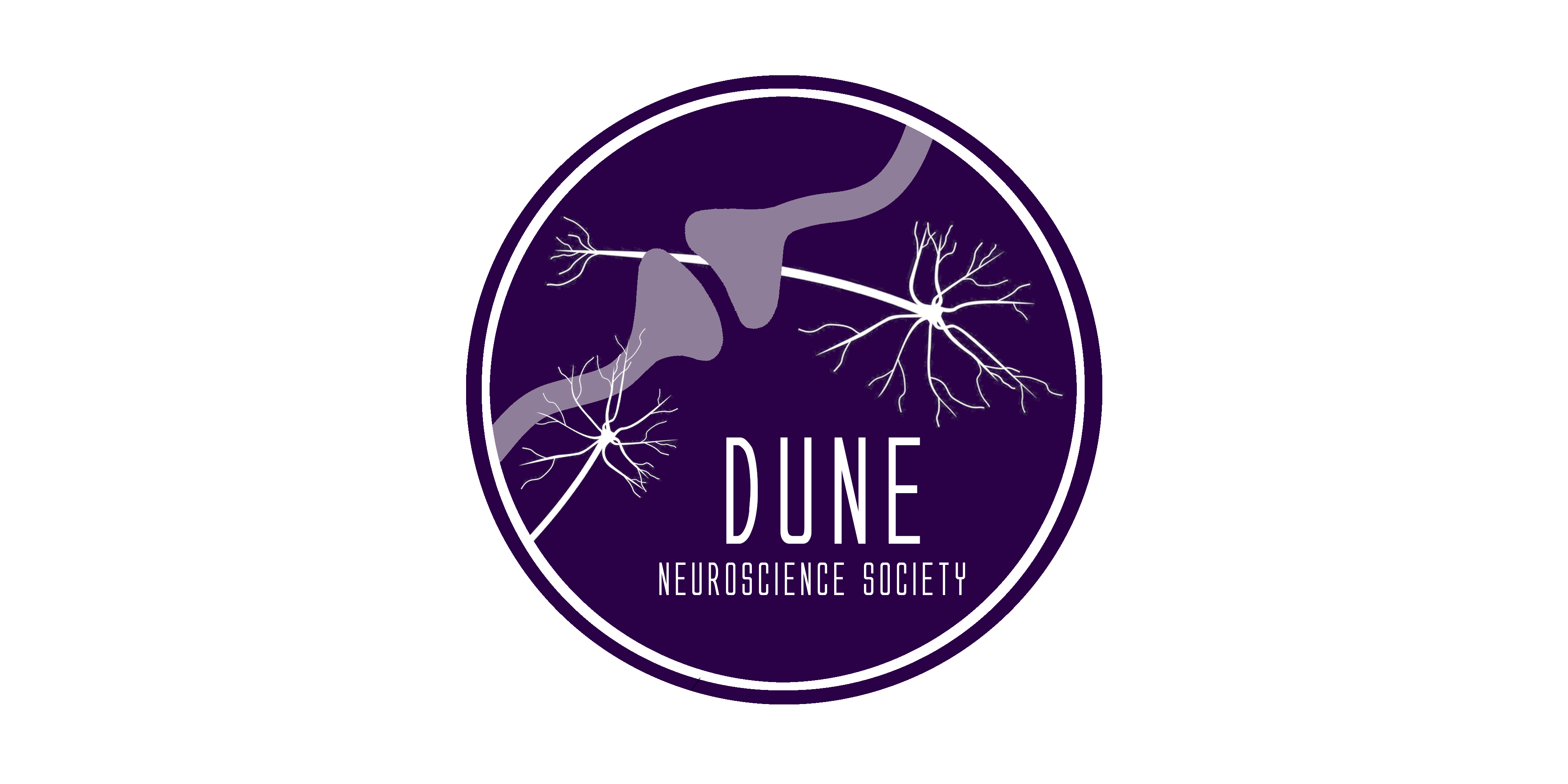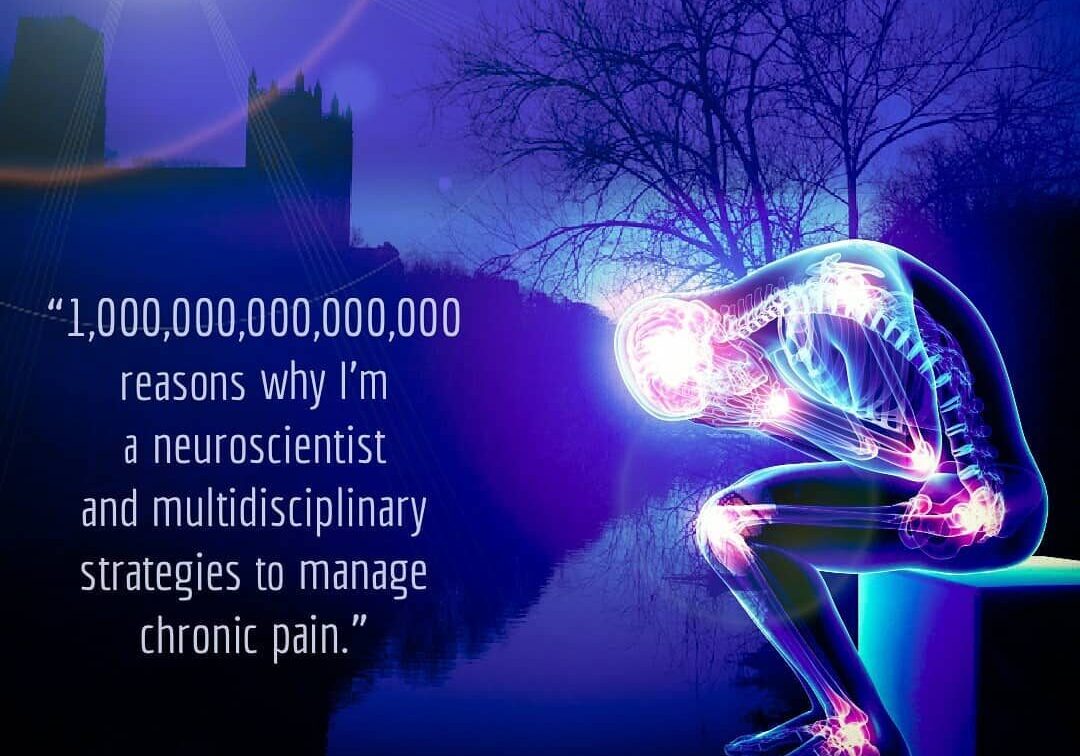-
Laura Pellegrini’s talk: Cerebral Organoids
Laura Pellegrini, a postdoc at the Lancaster lab at the MRC Laboratory of Molecular Biology in Cambridge, grows mini-brains in Petri dishes to study neurodevelopment and brain-related diseases. In her talk, she introduced us to this peculiar model system and its applications in research. The human brain and its complex neuropsychological disorders can hardly be modelled using animals. Still, most of what we know about the brain comes from experiments with mice. As Laura explained, cerebral organoids provide a fundamentally human yet conveniently simple model system to study brain development, bridging in vitro and in vivo techniques. Brain organoids are grown from embryonic stem cells by the addition of different…
-
Kelvin Dempster talk
This week’s talk saw Kelvin Dempster discuss his research at laboratories across the globe and his plans for the future. Kelvin is now a researcher at Francis Crick after an undergraduate degree at St. Andrews University. After a quick introduction, Kelvin dived into his research during his time in Japan for a summer internship at the University of Tokyo. Based on the research he aided, he discussed with clarity the regulation of locomotion (movement) in fruit fly (Drosophila melanogaster) larvae. Locomotion involves the movement of the larvae either forwards and backwards through waves of electrical signals along the larvae’s body through specific glutamatergic interneurons. Using imaging techniques, Kelvin showed how…
-
Lizzie English and Lydia Kitchen’s Talk
On the 1st of February, we were joined by two current Masters students, Lizzie English (MBiol) and Lydia Kitchen (MScR), who work in Paul Chazot’s lab at Durham University. As outlined by Lizzie, Despite dissimilar research topics, both students use the model organism Drosophila Melanogaster. As outlined by Lizzie, benefits of Drosophila as a model organism include its few ethical restrictions, short lifespan and easily modifiable genetics. Additionally, structures surrounding the brain (the skull and cerebrospinal fluid in humans) are closely paralleled in flies (the exoskeleton and haemolymph). This makes the fly a good model of neuro trauma. Lizzie was first to discuss her 9-week project, entitled ‘Development of Drosophila…
-
Stephanie Grillo’s Talk
Research and experience as a Durham Neuroscience postgraduate student: 10 years on Beginning with a light-hearted warning about her dog, Stephanie Grillo set an informal yet informative tone for her talk covering her academic and research career spanning from an Undergraduate at Sunderland University, a PhD at Durham and research career in America. This whistle-stop tour of her work across the four universities also provided reasoning for many decisions she took at the crossroads in her life during her career and gleaning from all of that useful advice for aspiring neuroscientists. Skimming through her years as an undergraduate at Sunderland she discussed her weighing up her choices for moving into…
-
Paul Chazot’s Talk
On the evening of Friday 9th October we welcomed our very first guest speaker Paul Chazot to give a talk on chronic pain and his career is neuroscience. Paul is a pharmacologist and neuroscientist at the Durham Biosciences Department, with diverse research interests in the fields of drug development and neurological disorders. Chronic pain affects over 25% of the population. Still, its importance as a disease was only recognised by the WHO last year. After an introduction to the complex neural processes underlying pain, Paul argued that the treatment of chronic pain requires different drugs from the ones normally used against acute pain. However, in lack of better treatments, patients…
-
DUNE Welcome Event!
On Monday 5th October the society was thrilled to host it’s first ever event! We held the meeting on Zoom to be accessible during the pandemic and aimed to make the environment as relaxed as possible. The evening started with a PowerPoint presentation where we outlined the society’s general aims and plans for the year. Each exec member introduced themselves and spoke a little about their role within the society. Next came the main event of the evening – neuroscience bingo! Questions were read out by the President and the bingo cards (auto-generated using an external website) provided a selection of answers. The questions mixed scientific facts with some more…
-
Welcome to the DUNE Website!
Welcome to Durham University Neuroscience Society! Thank you for your interest; we are particularly grateful as we were founded just this term and are still working hard to set everything up fully. Please sign up through the Durham Student’s Union page to become an official member, after which you are welcome to join our Teams. We also have a Facebook and Instagram for the latest information and updates. I hope to see you at society events in the future!








